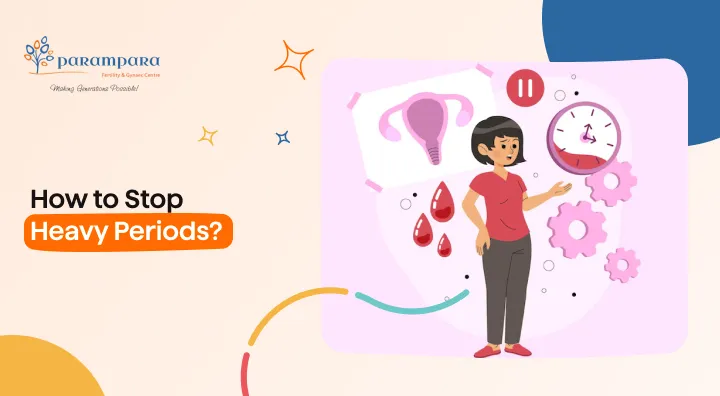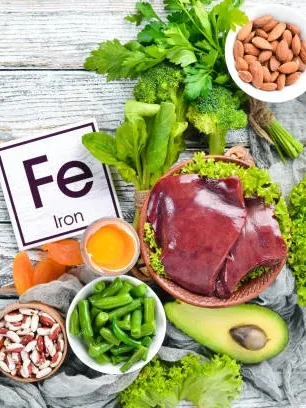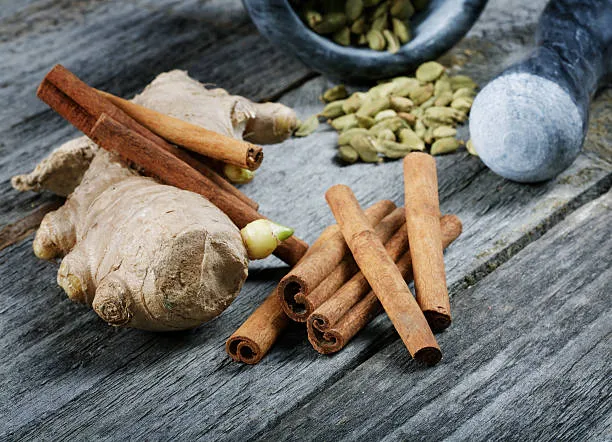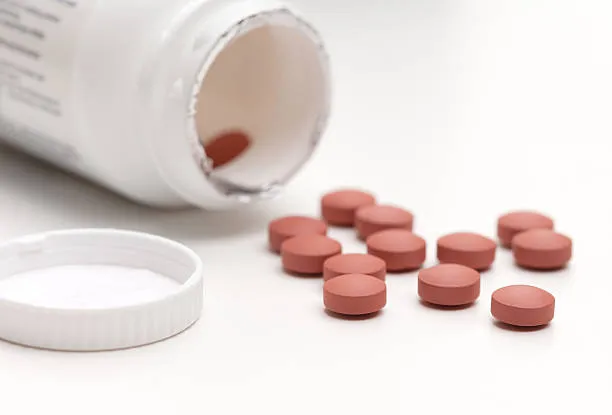
How to Stop Heavy Periods?
Many women face the challenge of heavy menstrual bleeding, which can disrupt daily activities, lead to fatigue, and, in severe cases, even cause health complications such as anemia. Fortunately, there are several ways to manage and treat heavy periods effectively. In this blog, let’s learn about various causes, treatments, and remedies to help reduce heavy menstrual flow.
What Are Heavy Periods?

Heavy periods, medically known as menorrhagia, refer to unusually heavy or prolonged menstrual bleeding. Women with heavy periods may need to change their pad or tampon every 1-2 hours, experience bleeding lasting longer than 7 days, or pass large blood clots. This condition can lead to discomfort, fatigue, and sometimes anemia due to excessive blood loss.
What Causes Heavy Periods?
Heavy periods can occur for many reasons. Understanding what might be causing your excessive bleeding is crucial in choosing the most appropriate treatment. Here are some common causes of heavy menstrual flow:
Hormonal Imbalances: When the hormones estrogen and progesterone are not balanced, it can make your periods heavier.
Uterine Fibroids: These are non-cancerous growths in the uterus that can cause more bleeding during periods.
Polycystic Ovary Syndrome (PCOS): PCOS affects hormone levels and can lead to irregular or heavy periods.
Endometriosis: Endometriosis occurs when tissue similar to the lining of the uterus grows outside of it, leading to painful menorrhagia.
Adenomyosis: When the lining of the uterus grows into the muscle of the uterus, it can cause heavy bleeding.
Thyroid Problems: A thyroid gland that isn’t working properly can throw off your menstrual cycle, making periods heavier.
Pelvic Inflammatory Disease (PID): This is an infection of the reproductive organs that can lead to heavy, painful periods.
Complications of Menorrhagia
Heavy menstrual bleeding can lead to several complications, such as:
- Anemia: Significant blood loss may result in anemia, causing reduced red blood cells.
- Iron Deficiency: Heavy periods can deplete your iron levels, leading to tiredness and difficulty concentrating.
- Paleness: A pale appearance, particularly in the face, can occur due to insufficient oxygen in the blood.
- Weakness: Continuous blood loss can leave you feeling physically weak and less energetic.
- Severe Cramps: Intense pain often accompanies heavy periods, adding to the discomfort.
Medical Treatments for Heavy Periods
Several medical interventions can help control heavy menstrual periods. Your healthcare provider can recommend options based on your condition and medical history.
- Hormonal Therapy: Hormonal birth control methods, including pills, patches, and hormonal IUDs, can regulate menstrual cycles and significantly reduce bleeding. Hormonal therapy works by thinning the uterine lining, making periods lighter.
- Non-Hormonal Medications: Non-steroidal anti-inflammatory drugs (NSAIDs) like ibuprofen or naproxen are commonly prescribed to reduce menstrual flow and relieve cramps. These medications help decrease prostaglandin levels, reducing blood flow.
- Tranexamic Acid: This non-hormonal medication promotes blood clotting by preventing the breakdown of fibrin, which can reduce menstrual blood loss by up to 50%. It’s often used only during menstruation.
- Oral Progestins: Taken during part of the cycle, progestins help regulate the hormonal imbalance that causes heavy periods by stabilizing the uterus’s lining.
Surgical Treatments for Heavy Periods
When medications aren’t effective or if there is an underlying structural cause like fibroids, surgical options may be recommended:
- Endometrial Ablation: This minimally invasive procedure destroys the uterine lining to reduce or stop menstrual bleeding. It’s ideal for women who do not wish to have children in the future.
- Myomectomy: This surgery involves removing uterine fibroids, which can alleviate symptoms like heavy bleeding, pain, and pressure. It preserves the uterus, making it a good option for women who still want to have children.
- Hysterectomy: A hysterectomy, or removal of the uterus, may be required in extreme circumstances. Hysterectomy is considered a permanent solution to stop periods and is generally reserved for cases where other treatments have failed or when there are other health complications.
Home Remedies for Heavy Periods
Some women prefer natural methods or lifestyle changes to help manage heavy menstrual bleeding. These methods may not stop menorrhagia entirely but can ease symptoms.
Dietary Adjustments

- Iron-rich foods: Include foods like spinach, beans, red meat, and fortified cereals to boost iron levels and prevent anemia caused by heavy bleeding.
- Anti-inflammatory foods: Eating foods like turmeric, ginger, and berries may help reduce inflammation and ease heavy menstrual flow.
Herbal Remedies

- Ginger: Known for its anti-inflammatory properties, ginger can help reduce menstrual pain and blood flow.
- Cinnamon: It may help reduce bleeding by promoting blood clotting and relaxing uterine muscles.
Exercise

Regular physical activity helps balance hormones and reduce the severity of periods. Yoga, swimming, and walking are examples of low-impact activities that might be very helpful.
Stay Hydrated

Drink plenty of water to replace fluids lost during heavy periods and to improve circulation, which can reduce cramps and fatigue.
Heat Therapy
Use a heating pad or hot water bottle on your lower abdomen to relax muscles and reduce heavy bleeding and cramping.
Over-the-Counter Medications

Over-the-counter medications can reduce pain and blood flow during periods by lowering the production of prostaglandins, chemicals in the body that contribute to heavy bleeding.
Stress Reduction

High-stress levels can disrupt your menstrual cycle. Practices like meditation, deep breathing, or yoga can help calm the mind and regulate periods.
Supplements
- Vitamin C: Helps your body absorb iron more efficiently and may support overall menstrual health.
- Magnesium: This mineral can help relax muscles, reduce cramps, and balance hormones, possibly leading to lighter periods.
When to Seek Medical Help
It’s important to consult a healthcare provider if you experience the following symptoms of heavy periods:
- Bleeding that lasts longer than 7 days
- Needing to change pads or tampons every 1-2 hours due to heavy flow
- Passing large blood clots
- Experiencing severe cramps or pelvic pain
- Anemia symptoms include weakness, exhaustion, and dyspnea
If menorrhagia is interfering with your quality of life, don’t hesitate to seek medical advice for a proper diagnosis and treatment options.
Conclusion
Managing heavy periods can significantly improve your quality of life and overall well-being. With a better understanding of the causes and available treatments, you can take proactive steps to alleviate symptoms and regain control over your menstrual health. Whether you choose medical treatments, surgical options, or lifestyle adjustments, it’s essential to find a solution that works best for you.
Be open with your healthcare provider about your experiences and concerns. Remember, prioritizing your health is the first step toward a more comfortable and balanced menstrual experience.



